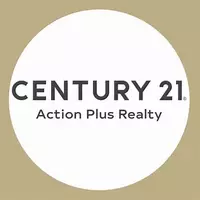

Embracing Change: Finding Your Perfect Home for Retirement
As you enter into or navigate through your retirement years, it's a time filled with reflection and anticipation for what's next. Among the many decisions you might be considering is whether it's the right time to transition from your current home to one that better aligns with your changing needs
Read More

Navigating Down Payments and Closing Costs
The journey of buying your first home is an exciting milestone, but it's crucial to understand and prepare for the various costs involved, beyond just the down payment. Among these, closing costs play a significant role and require careful planning and budgeting. Understanding Closing Costs Clos
Read More

Embarking on the Journey: A First-Time Home Buyer's Guide
Buying your first home is an exciting milestone in anyone's life. It's a big decision and can often feel overwhelming, especially when it comes to navigating the world of mortgages and neighborhoods. However, the good news is that you don't need to have a hefty 20% down payment to make your dream
Read More
Categories
Recent Posts










